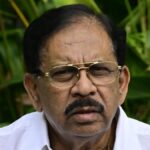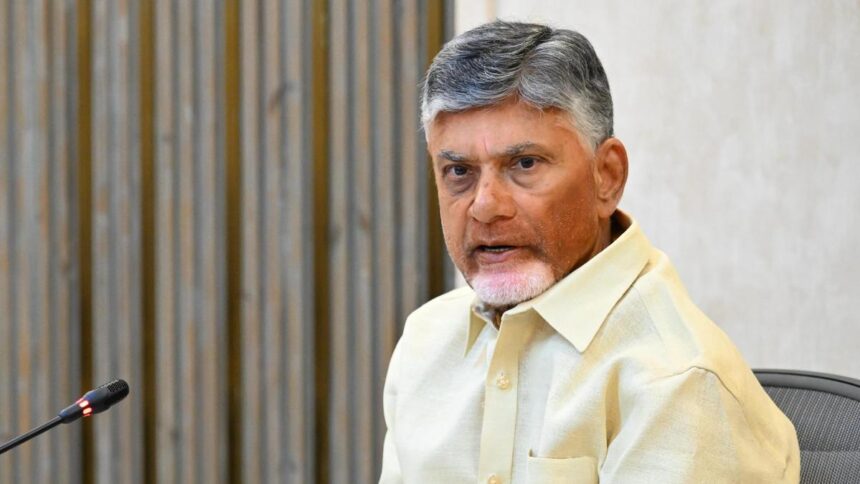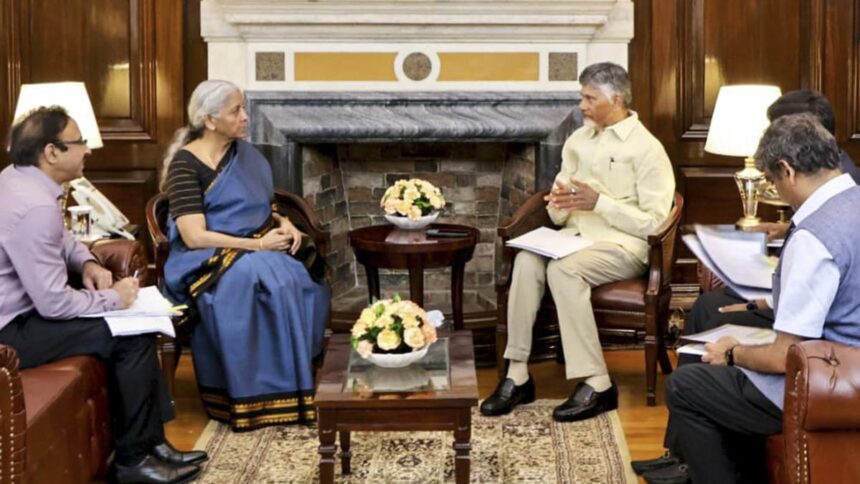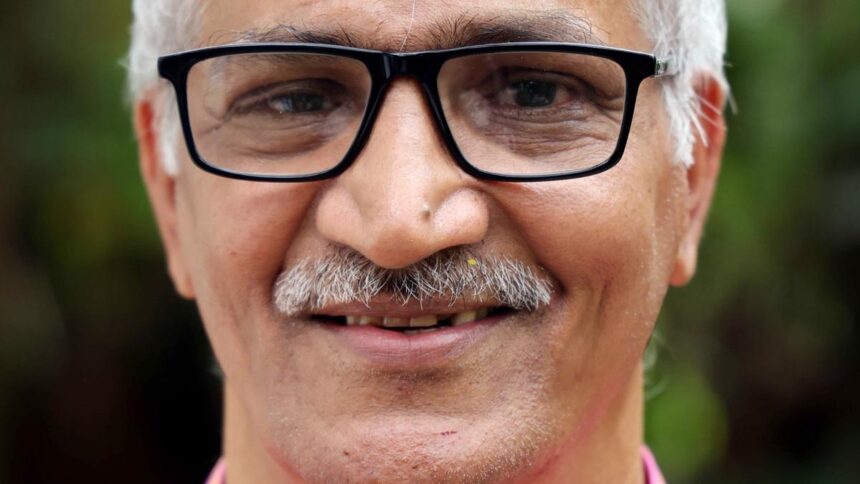At a workshop organised by the Tamil Nadu State Council for Higher Education (TANSCHE) on Monday, college faculty members expressed concern over declining enrolment in Science streams in Arts and Science colleges.
The workshop, held to receive feedback from colleges affiliated to University of Madras (UoM) to develop parameters for a proposed State Institutional Ranking Framework (SIRF), drew a flurry of comments from the participating faculty.
Mary Catherine of Chevalier T.Thomas College for Women, Perambur, said that a decline was noticed since the COVID-19 pandemic. Tamilarasi of Alpha Arts and Science College echoed the same concern. “It could be because there is now a craze for engineering studies, especially after the advent of Artificial Intelligence-related courses,” she said. The disruption caused by the pandemic may have hit school children in terms of foundational knowledge about basic sciences, the teachers suspected. Many institutions, including hers, have begun conducting outreach programmes in schools to strengthen basic sciences learning, Ms. Catherine noted.
Commenting on the proposed parameters for SIRF, she said location of an institution played a role in its acceptability among both students and employers. Institutions located in areas where vulnerable communities live faced peculiar problems that differ from those in metropolitan settings. Hence, to rank all these institutions on a common parameter may not be fair.
Anandhapriya from Chellammal Women’s College and Lakshmi Devi, Coordinator of Internal Quality Assurance Cell of Guru Nanak College, said that initiatives such as faculty mentorship and student-centred learning and pedagogy were also put forth as feedback at the workshop.
A. Umamaheshwari, Principal, Government Arts and Science College, Perumbakkam, and a nodal officer for the programme, said that such a feedback system would go a long way in improving the quality of higher education in Tamil Nadu.
At the inauguration of the workshop series, P. Shankar, Higher Education Secretary, said that the National Institutional Ranking Framework predominantly focussed on research output, faculty-student ratio, and publication of papers, whereas there was a need to account for holistic development of students, acquisition of practical skills, and nurturing of core competencies. The SIRF, he said, sought to measure not only academic strengths but also critical outcomes such as employability, ethical reasoning, and problem-solving abilities.
M.P. Vijayakumar, Vice Chairman, TANSCHE, said that a ranking framework was important for a country because it drives public policy, investment of the government in institutions, and provides direction for the entire higher education ecosystem. “Data [submitted by the institutions] should be objective, verifiable, and quantifiable so that it is not available for manipulation. This is our benchmark,” he added.
A draft of the proposed parameters was shared with the faculty members a week prior to the workshop. A total of 138 colleges affiliated to University of Madras – government, aided, and self-financing colleges belonging to both autonomous and non-autonomous categories – were bunched into groups of five. They discussed the draft at the college-level and group-level before making a presentation on Monday.
Published – August 25, 2025 10:13 pm IST




















